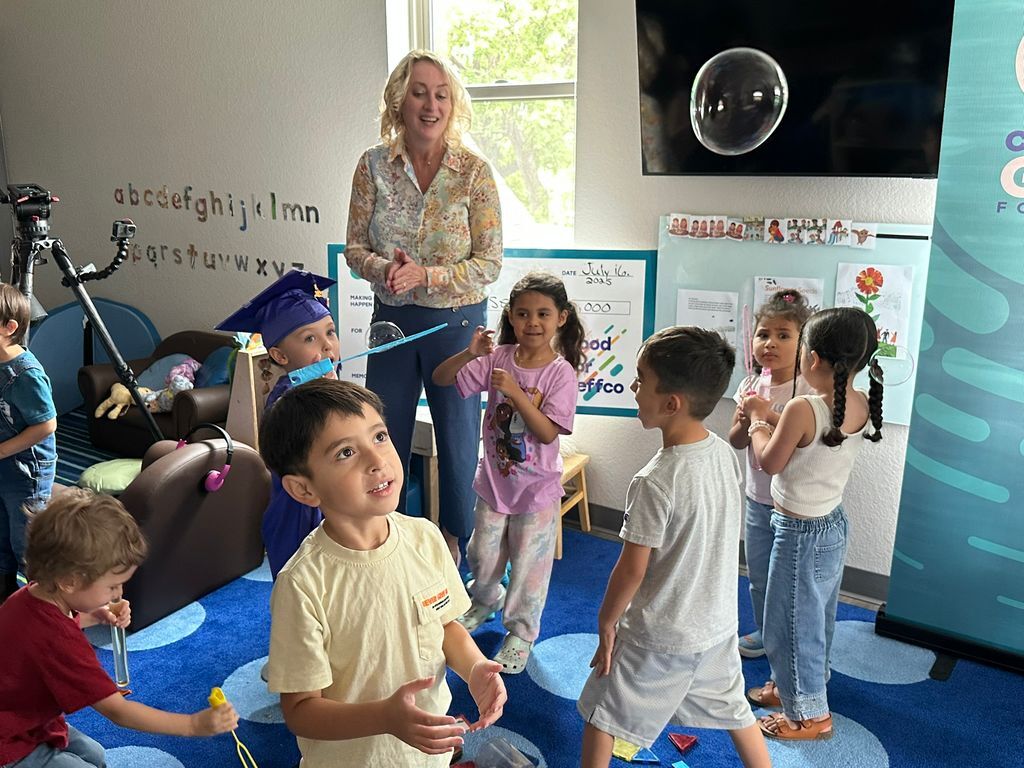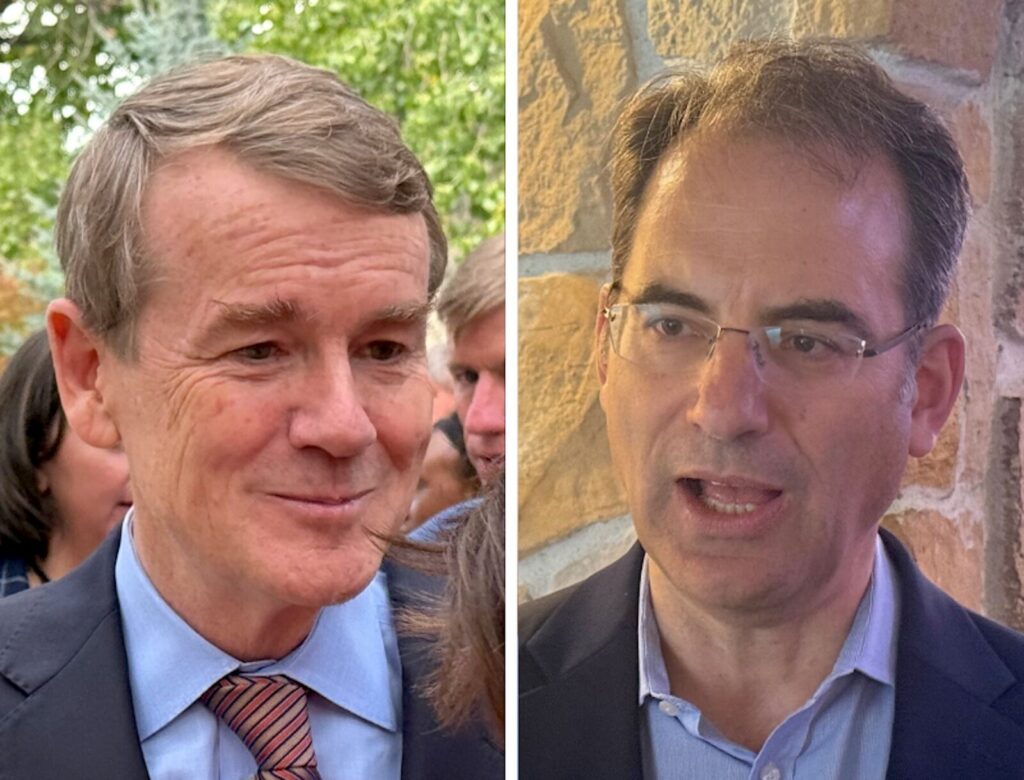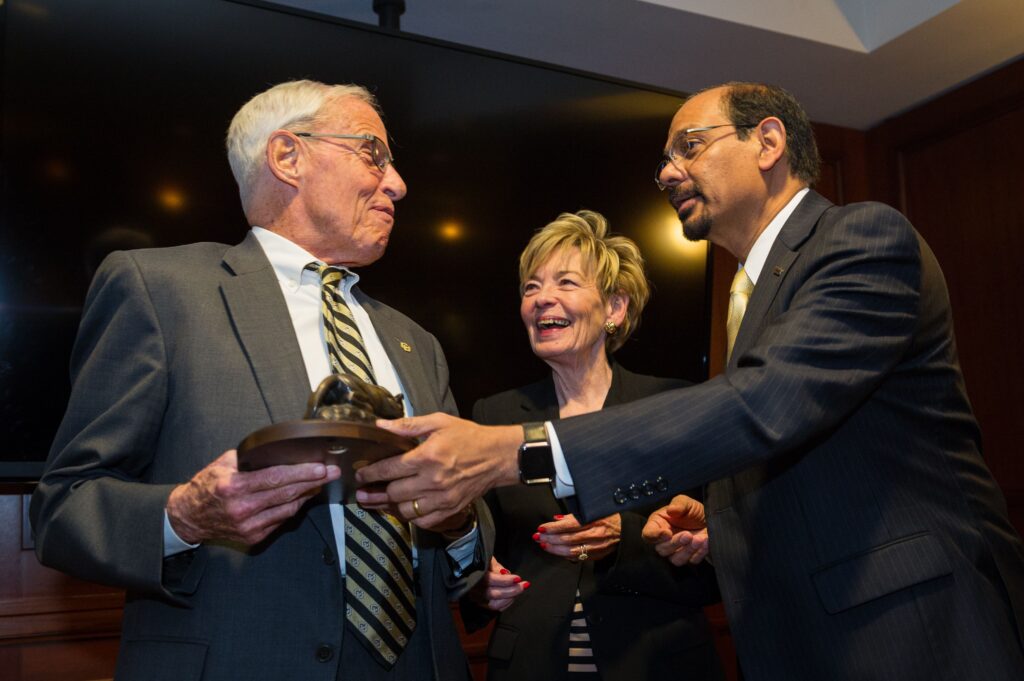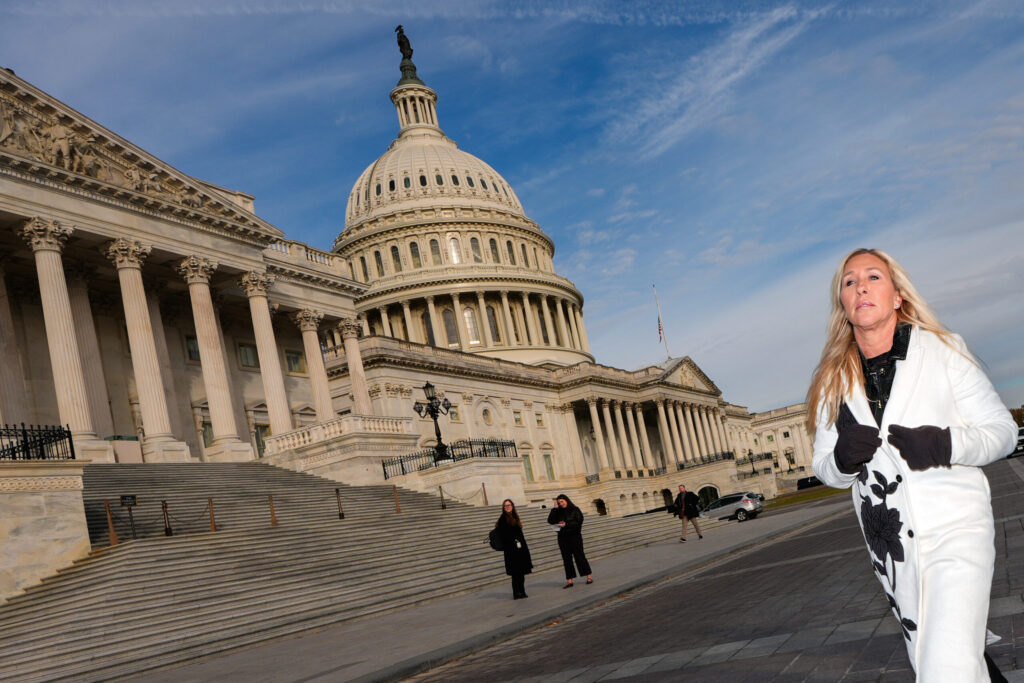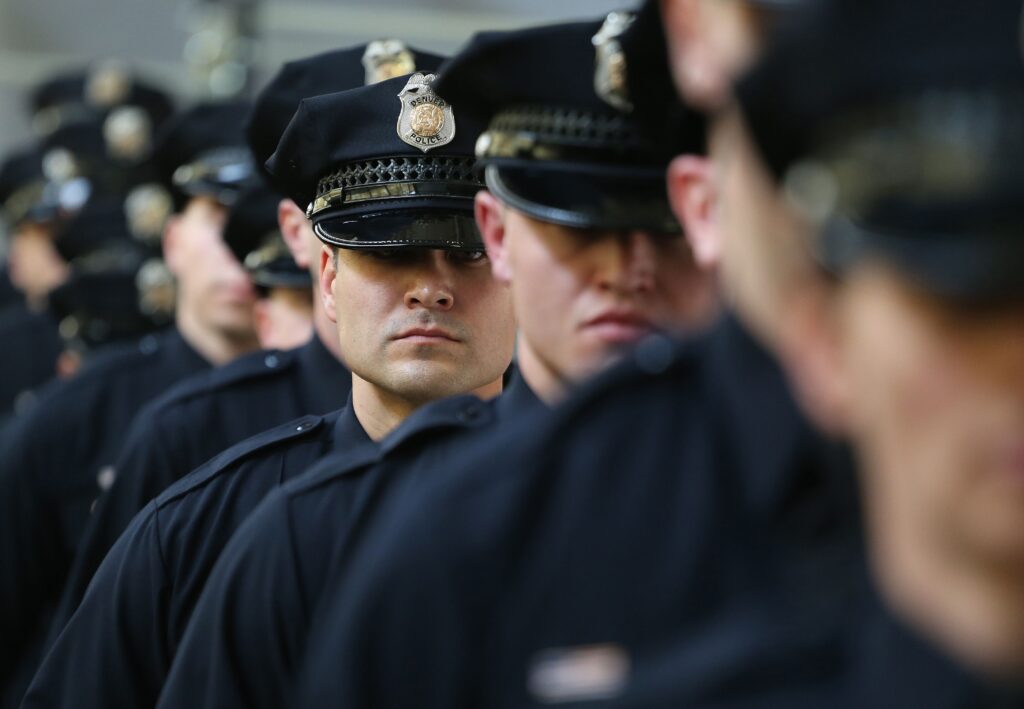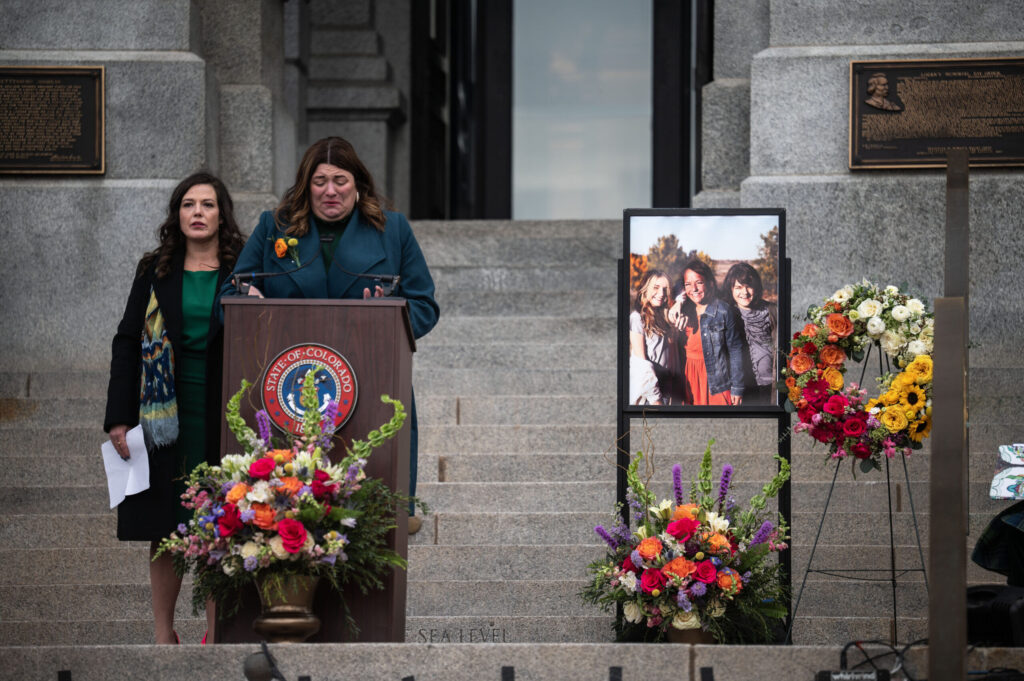During visit to The CELL, Barbour takes long view on terrorism
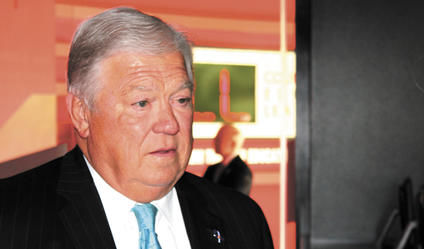
Former Mississippi Gov. Haley Barbour, in Denver last Thursday, likened the early 21st Century fight against terrorism to the fight against infectious disease in the 19th Century. He described it as an evil we can address and minimize through decades of research and education campaigns aimed at altering mentalities and everyday public practice. The United States, he said, is still in the beginning stages of the battle.
“Let’s face it,” he told The Colorado Statesman during a tour of the Mizel Institute’s Counterterrorism Education Learning Lab. “In the course of our lifetime, we’ve had people become very aware of disease. We now have sewers. We don’t let people go to the bathroom in the streets. We clean up the garbage. We do things maybe two- or three-hundred years ago people never thought about. But they learned.
“And now we’re learning more about this, the nature of the terrorist threat and ways to combat it. It’s an unfortunate evolution in our lives, perpetrated by some really bad people, sure, but we gotta deal with it,” he said.
Barbour was governor of Mississippi in 2005 when Hurricane Katrina devastated New Orleans and the Gulf Coast. He was one of few government officials praised for his performance managing the disaster. He acted when stunned leaders all around floundered, and his stock has risen as a disaster relief and national security analyst ever since.
“I made a number of bad decisions,” Barbour wrote in America’s Great Storm, his book about the chaotic days before and after the hurricane hit. “But I made a whole lot of decisions.”
As any viewer of Sunday morning talk shows knows, Barbour is the former chairman of the Republican National Committee with the large face and thick white hair and an unhurried Mississippi lilt. His views evoke the Old South — you can almost smell the magnolias — and the current Republican line on topics such as ISIS and the Iran nuclear deal.
“What you got here in The CELL is not just a local or state asset, but a national asset,” he said, sitting amid graphics depicting past attacks and the networks of people that carried them out. “But, is something like this in every city and every state gonna stop terrorism? Well, no, it’s not. Because, let’s face it, terrorism is generally irrational, if you have a rational Western mind. These are people who will practice barbarian tactics to not only kill their fellow man and religious opponents but also encourage their children to kill people and to be killed.
“We got to learn more about [terrorism] because it’s going to continue, and it has gotten much worse in the last two or three years because of what’s happened in the Middle East with ISIS — or whatever you want to call them. And I’m afraid giving tens of billions of dollars to the Iranians [by lifting sanctions as part of the nuclear deal] is going to make that worse, not better. Not only make ISIS worse, but make the Middle East worse, because of Hezbollah, because of Hamas, because of the Iranian Revolutionary Guards, because of Yemen, because of the Shia-Sunni battle going on over there that has created a Shia presence, an arc, over there from Tehran all the way down to Beirut. There’s gonna be more refugees, not fewer, and that’s why we need to be doing more. We have to be learning more.
“Public safety was not just the first function of government,” Barbour said. “It’s why government came into being thousands of years ago — clans and tribes and city-states — the first reason those came into being was to protect the public.”



